Michael J. Bobbitt: In preparation for this conversation, I’ve been thinking about our meeting at the end of June. We both arrived ready to do a job, to have this HowlRound interview, and within seconds of seeing each other we changed the course.
Raymond O. Caldwell: I was so grateful you were there that day. I was going through it! Everybody keeps talking about wanting to have Black leaders in place, but what we’re not talking about is what it is to be a Black leader and how difficult that actually is. Being a Black leader, you are still entering and working in white spaces.
Michael: Yep.
Raymond: You don’t ever get to escape. Coming from Howard University, I became comfortable in a way. I forgot what it was to be in these types of spaces.
Michael: Throughout my years as artistic director at Adventure Theatre MTC in Maryland, I was a huge advocate for giving people of color opportunities to direct, design, write, and act, as well as to be on staff and on the board. I’ve become even more intentional about that and will continue to be in my new role as artistic director of New Repertory Theatre in the Boston area.
I went to a mostly white Jesuit high school and a mostly white college. And theatre is predominantly made up of white people. So the majority of my training was in whiter institutions. But, in the last few years, I have been finding myself needing and wanting to be in Black spaces more. A lot of the new friendships I have been cultivating have been with Black people. I’m drawn to that.
Some of it maybe has to do with the tremendous amount of race equity work I’ve been doing—seminars and workshops, and my own reading and YouTubing and listening to lectures. I’m feeling a bit more whole and connected. I always was, even before I knew scholarly and practical aspects of race equity work, somewhat because of my family but also somewhat because of the fact that, being a poor little Black kid in lower northwest DC, theatre saved me from a lot of struggles. I became a bit obsessed with making sure kids who look like me were in those rooms and getting a chance to experience art and theatre, because maybe they would be saved by it too.
Raymond: So much of my understanding of race—particularly race equity work—has been informed by my time as a director and lecturer at Howard. It’s a very different experience to be in an all-Black space. It gave my artistic aesthetic space to breathe, space to say yes. I got to see my ideas validated by other Black, brilliant minds. And to be in that type of Black space, particularly after spending six seasons at Arena Stage, and before that Ohio State and the University of Florida, all predominantly white institutions…
Working at Howard, I could breathe in a way that I could never before. Thinking about disparity was really interesting because although I was at the mecca of Black learning, the resources we actually had access to were few and far between. It was not actually comparable to the resources institutions that are literally a stone’s throw away have access too. When I think about the resources that Georgetown, George Washington University, American, Catholic—all these universities so close to us—the things those students have access to and the things my students did not have access to were shocking to me.
I have a lot of allies who have been in the room with me who hear racist things and who never step up to the plate.

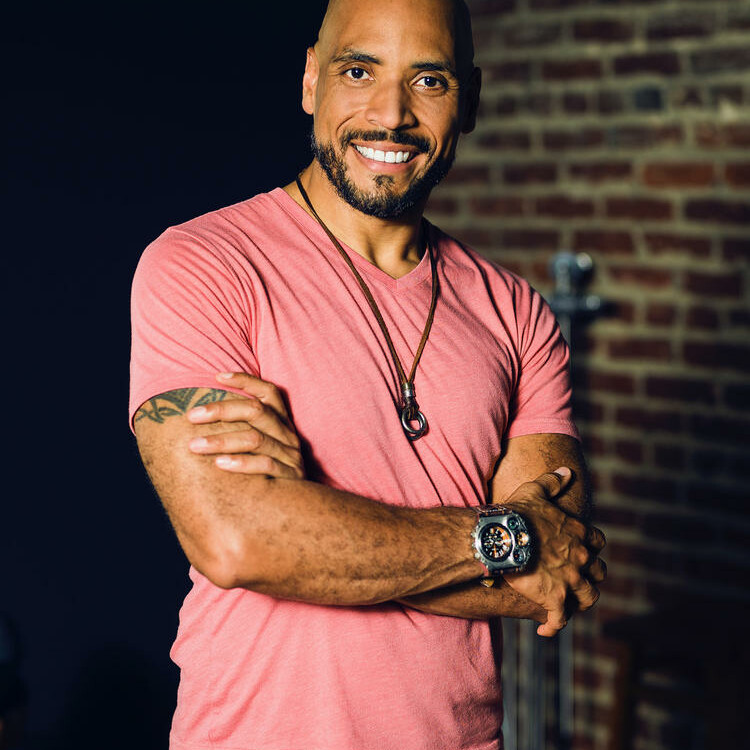
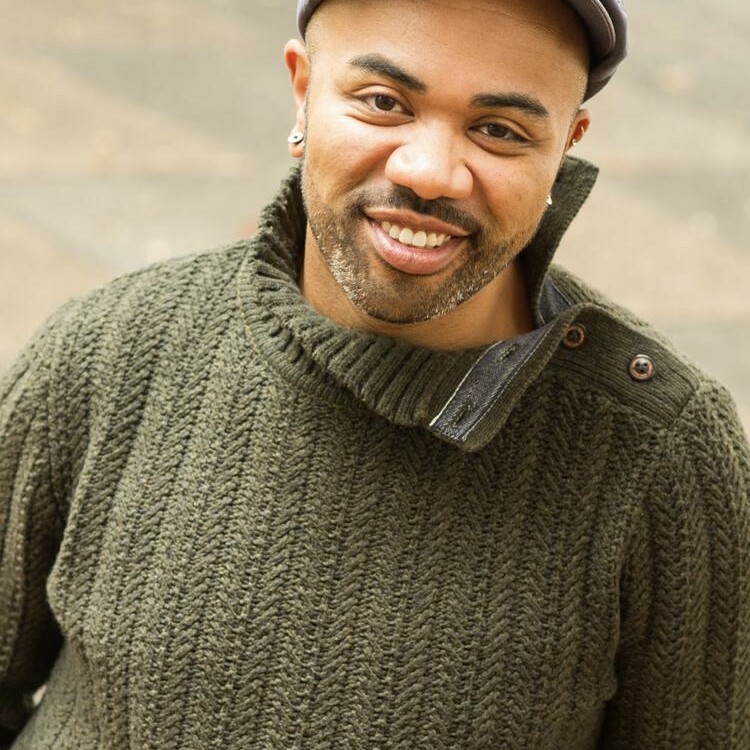
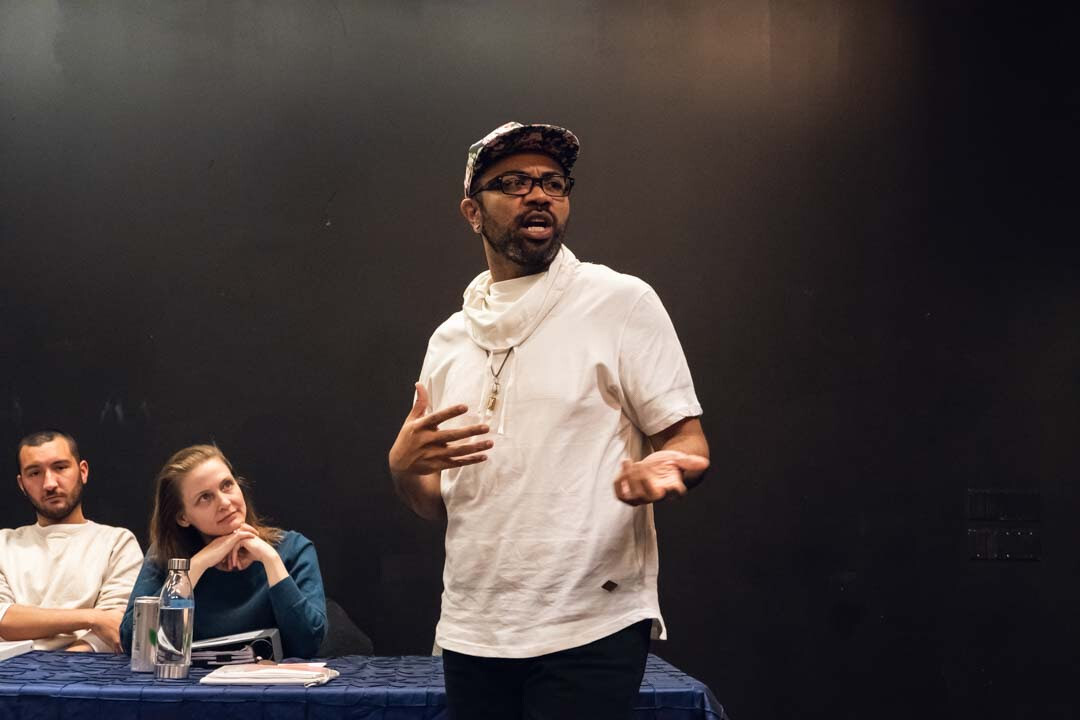
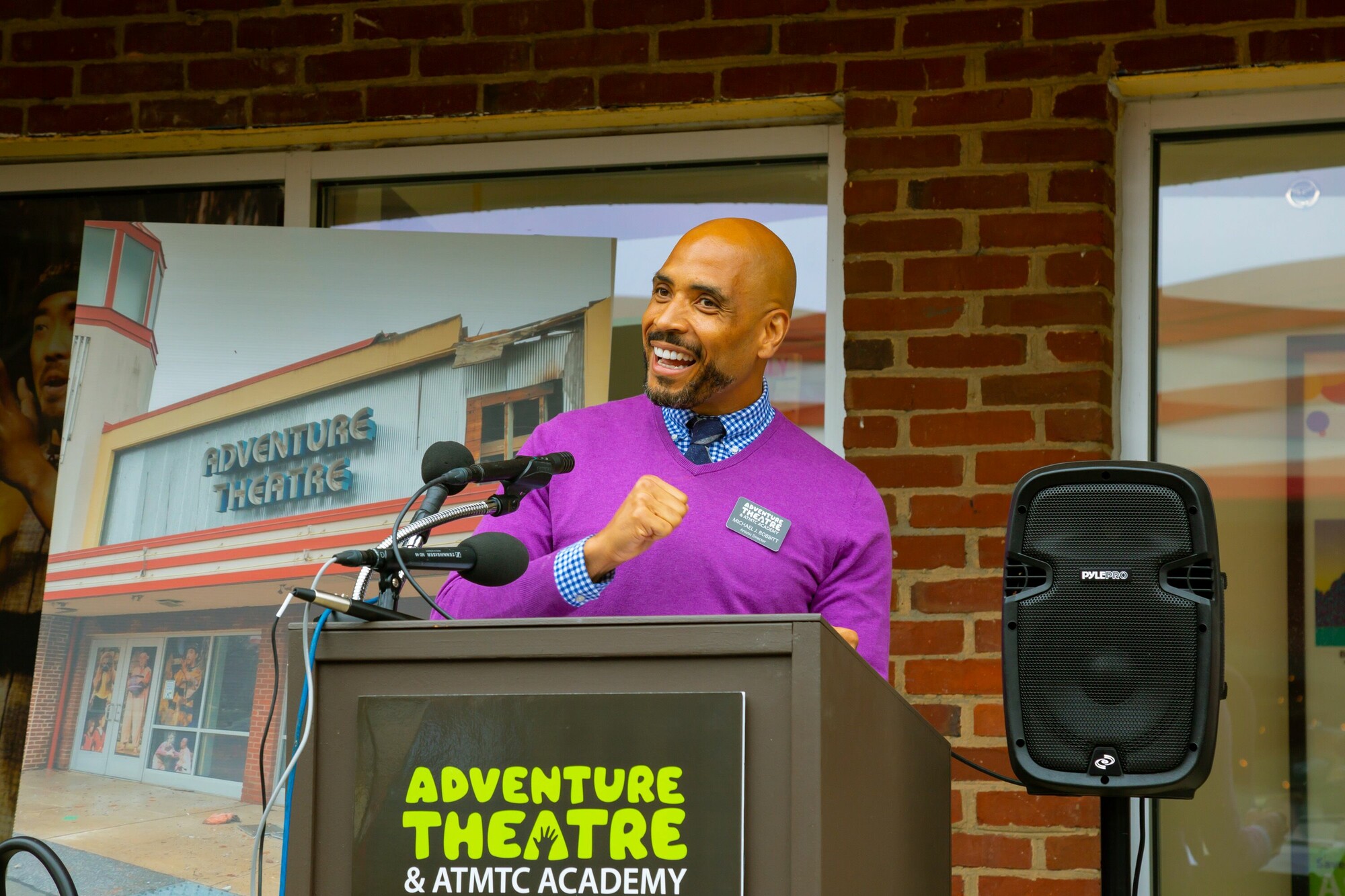
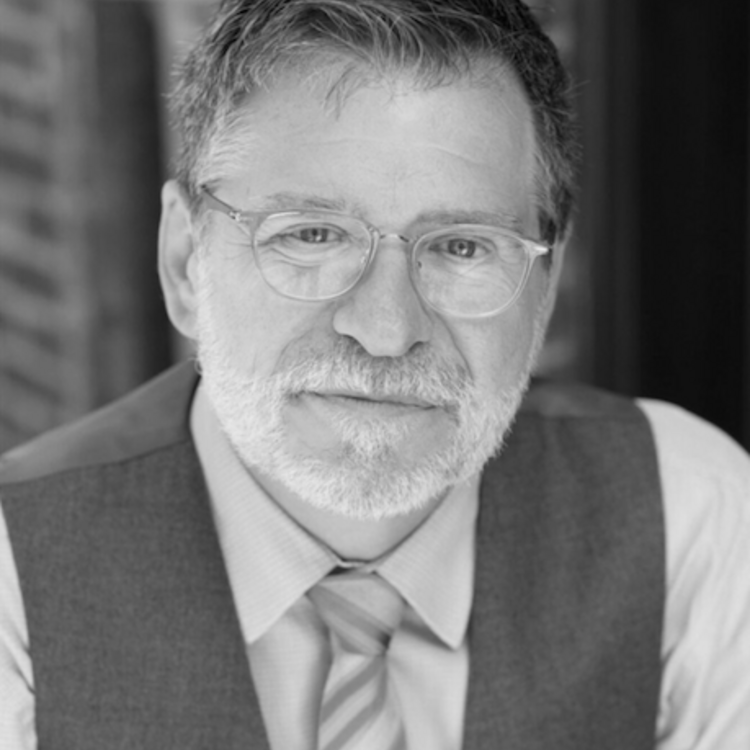
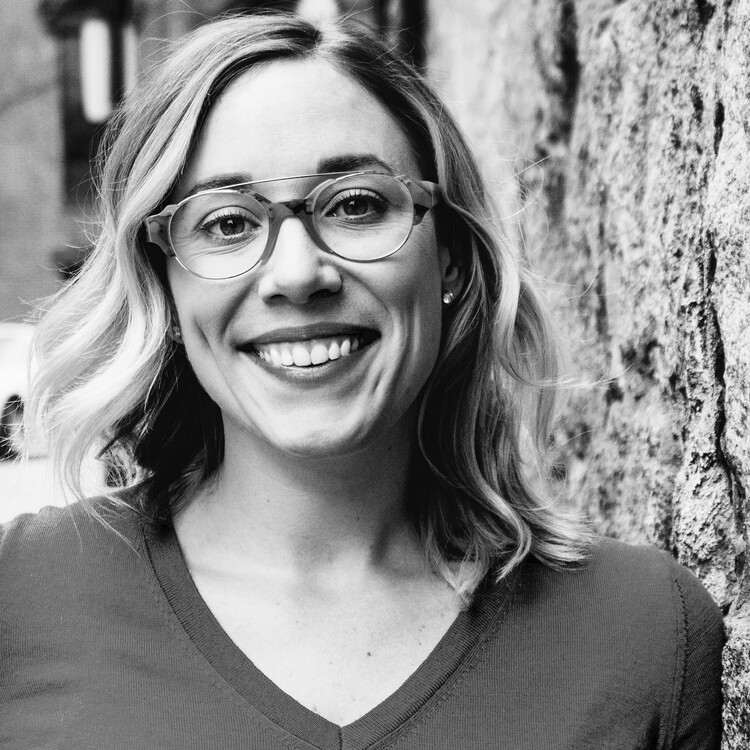
Comments
The article is just the start of the conversation—we want to know what you think about this subject, too! HowlRound is a space for knowledge-sharing, and we welcome spirited, thoughtful, and on-topic dialogue. Find our full comments policy here
Thanks Howlround for allowing me to participate.